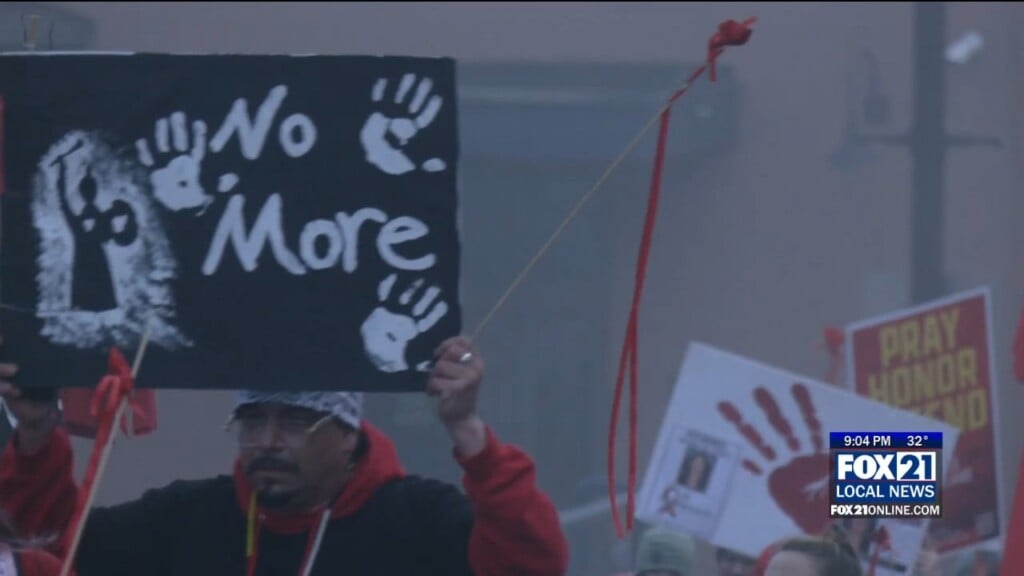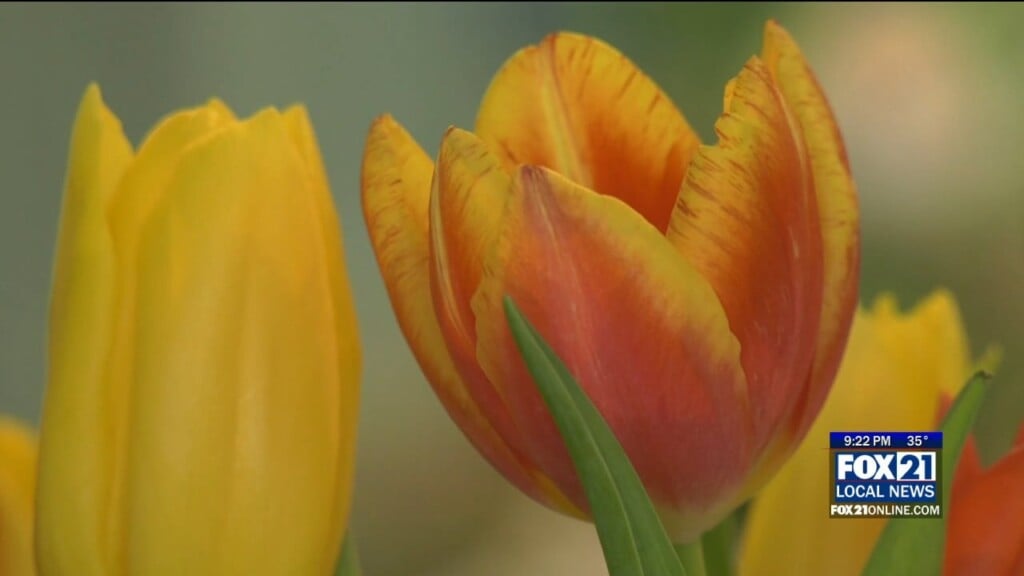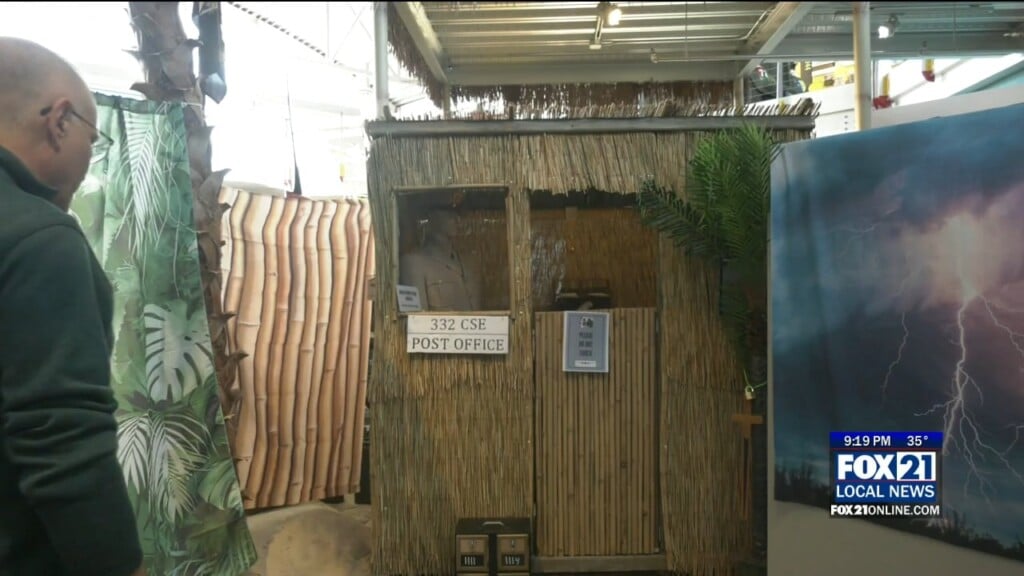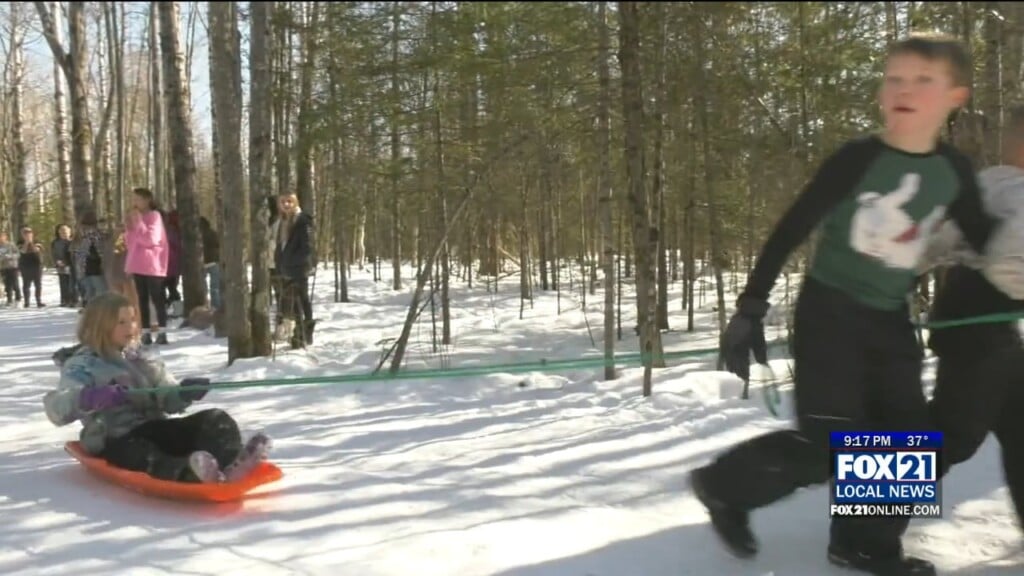UW-Superior Students, Staff Learn Wild Rice Harvesting
SUPERIOR, Wis. — Wild rice harvesting is a skill passed down generation to generation and is a sacred part of the lives of Native Americans.
Students and staff got on the water, and learned just how the process is done. This was done by UW Superior’s Indigenous Cultures Resource Center.
“I was invited through our ICRC program to learn about the traditional ricing process. And how different cultures collect the rice through canoeing,” explained Liza Shelquist, Career Development Manager for UWS.
Elders of the Fond du Lac Band of Lake Superior Chippewa like Mark McConnell demonstrated how the ricing is done. This is something that is second nature to him.
“The manoomin is such an important thing. It’s part of, it’s part of who we are. It’s part of our ceremony. It’s part of our daily life. It’s part of our culture. It is our culture,” said Mark McConnell, an Elder for the Fond du Lac Band.
Two students loaded up into each canoe, they got to see firsthand just how labor intensive it is. One controlled the canoe, and the other gathered the rice.
“The knocking process, there’s definitely balance there too. You kind of have to gauge how gentle or hard you knock the rice. Because you don’t want to over-knock and take unprepared rice,” said Shelquist.
“It’s a lot of work. Everything that we do is a lot of work. It’s a lot of physical work,” said McConnell.
Having the ability to navigate the canoe, and even staying balanced can be difficult for some.
“We might have to avoid logs, or we might have to work a little harder once you’re in the rice beds. I think communication was important during that point,” said Shelquist.
Being able to share this type of wisdom with people who are not native is truly something special for McConnell.
“It’s important to keep these traditions alive. There are some that say we shouldn’t share this knowledge with nonnative people. I don’t believe that. I think this needs to be shared with everyone,” said McConnell.
“It was definitely something outside of my knowledge, so I always love to learn a little more about different cultures,” added Shelquist.







